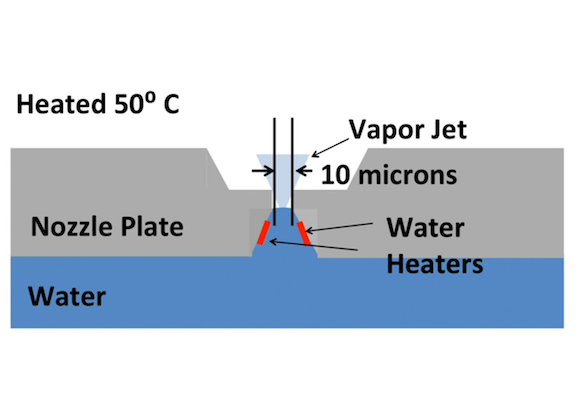Spaceflight Testing of FEMTA Micropropulsion System for Interplanetary Smallsat
PI: Alina Alexeenko, Steven Collicott (Co-I), Purdue University
PI: Alina Alexeenko, Steven Collicott (Co-I), Purdue University

- TA02 In-Space Propulsion Technologies
FEMTA utilizes microscale effects in fluid surface tension and advanced MEMS microfabrication to achieve a highly tunable micropropulsion at a thrust-to-power ratio of 200 µN/W using pure water as propellant. Technical objectives of flight testing include (i) develop a spaceflight rated micropropulsion module; (ii) prove the operability of the propulsion module in spaceflight operating conditions (iii) verify the integrity of the FEMTA thruster under spaceflight loading conditions.
The flight testing will be carried out on New Shepard Launch Vehicle in an external payload locker exposed to vacuum. During ascent and while the ambient pressure is less than 10 kPa, the zero-g tank will vent to equalize with the environment. Once in zero-g, a valve will open to allow propellant to flow from the propellant tanks to a collection chamber. The FEMTAs will be powered during this time to simulated operation.
Technology Details
-
Selection DateREDDI-F1-18 (Aug 2018)
-
Program StatusActive
- 0 sRLV
Development Team
-
PIAlina Alexeenko
-
PI Organization
-
Co-ISteven Collicott
-
Co-I Organization
-
SponsorNASA
-
More Information

